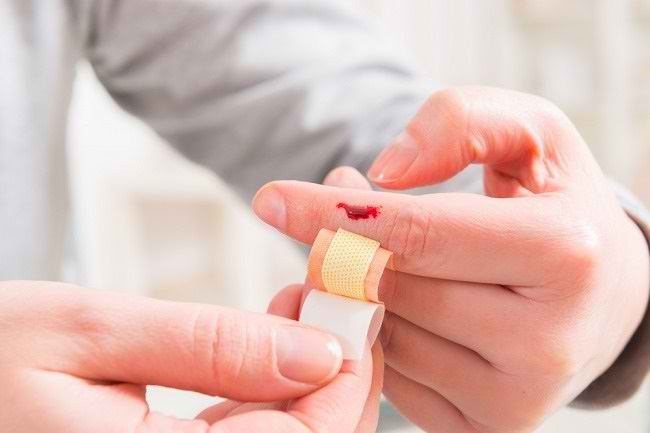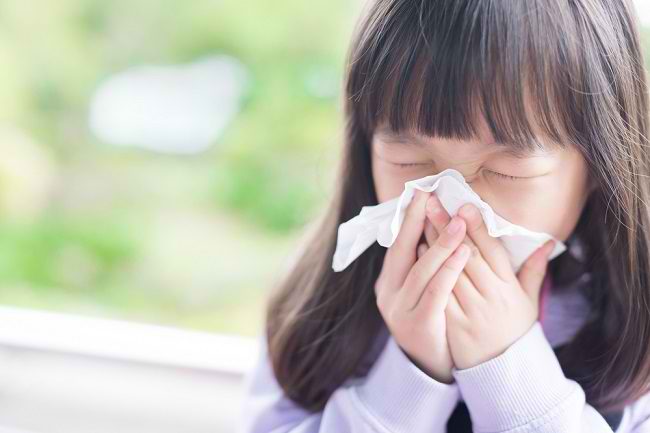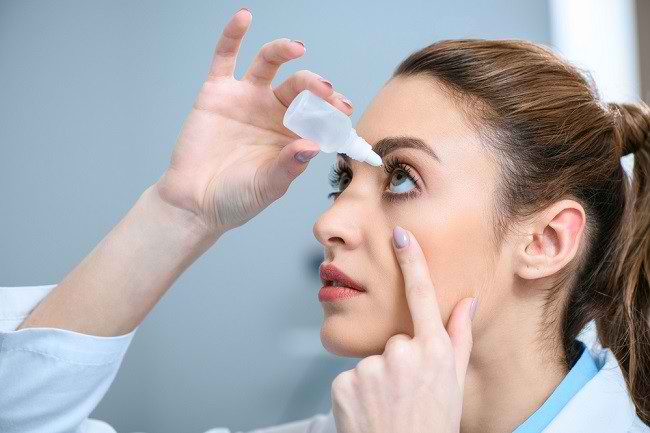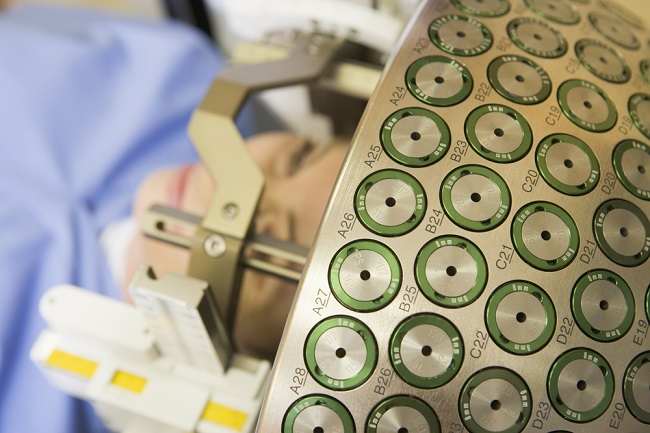In addition to containing protein, there are many benefits of eggs that are good for health. Eggs are considered as one of the best sources of protein, as well as a source of vitamins and minerals to meet the needs of a healthy and balanced diet.
In addition to having abundant benefits, eggs have a delicious taste and can be processed in various ways. Then, do you understand how to process eggs properly in order to get the maximum benefits of eggs?

What are the Benefits of Eggs?
Here are some of the benefits that can be obtained from eggs.
- Recommended for consumption when dietEggs are high in protein and low in calories, so they can be used as a healthy snack while on a diet. A large egg contains only 6 grams of protein and only 80 calories. The white part of an egg contains only 15 calories per egg. So that a boiled egg is suitable as a filling snack. Egg whites are also free of cholesterol and free of saturated fat, so they are perfect for dieting. Eggs are also an important source of nutrition for people who follow a vegetarian diet.
- Supply nutrients to the bodyThere are many nutrients that can be obtained from an egg, including B vitamins, DHA and various minerals such as phosphorus, iron, folic acid, zinc, and selenium. Egg yolks also contain vitamin D which plays an important role in strengthening bones, teeth, and facilitating the absorption of calcium. One of the other content of egg yolk is choline which is good for nerve and brain health.
- Healthy heartAlthough egg yolk contains a lot of cholesterol, it is safe to consume in certain amounts, even for people with heart disease. People with normal cholesterol levels are advised to eat 1-4 eggs per week. It is recommended for people with heart disease to eat one or two eggs a week. But there is no certain limit if you only eat the whites, because egg whites do not contain cholesterol. Egg yolks contain lutein, which is thought to reduce the risk of heart disease. Lately there have also been many circulating eggs fortified with omega-3 which can help improve heart health.
- Eggs do not increase the amount of cholesterol in bloodCholesterol contained in eggs, especially in the yolk, only a small part will reach the blood circulation. Cholesterol in food is considered harmless as saturated fat in increasing one's blood cholesterol level. For the record, the saturated fat in a large egg is only 1.6 grams. Compare that with 1 tablespoon of butter which contains 7 grams. Many people who turn away from eggs because they are on a diet, but in fact still eat a variety of foods with butter. Of course, if it is associated with the data above, then it is wrong.
Although healthy and nutritious, many people are still reluctant to eat them because eggs are considered to cause ulcers. However, this has not been proven true.
Tips Storing and Processing Eggs
The many benefits of eggs does not mean free to serve eggs carelessly. The method of serving eggs also needs to be considered. Bacteria can be found on the shell and contents of raw eggs. These bacteria can easily spread to other foods or kitchen utensils if you are not careful to process them.
Eating raw or undercooked eggs can cause food poisoning, especially for infants, the elderly, pregnant women, and people with weakened immune systems. Food poisoning is possible because eggs can be contaminated with bacteria Salmonds.
If you want to eat half-cooked or raw eggs, make sure they are the kind that have been pasteurized to kill the bacteria in them. If you want to eat unpasteurized eggs, pay attention to safe storage procedures, use clean kitchen utensils, and cook them thoroughly.
To keep eggs safe when you want to use them, pay attention to the following things.
- Avoid using eggs whose shells have been damaged as this allows contamination of germs.
- Keep eggs away from other foods and store them in a cool, dry place and ideally in the refrigerator below 4º C.
- Consume eggs immediately after cooking. If you store hard-boiled eggs in the refrigerator, don't keep them for more than 2-3 days.
- Always wash your hands thoroughly with soap before and after touching or cooking eggs.
- Clean all cooking utensils used to cook eggs.
Although the benefits of eggs are many, not all eggs are the same. Carefully choose eggs whose shells are still good, look fresh, and do not cause a strong odor to get maximum egg benefits.









